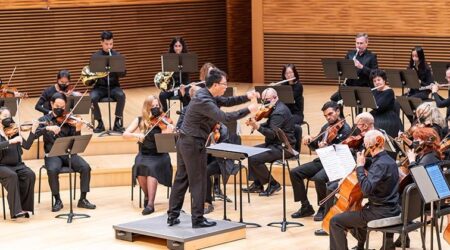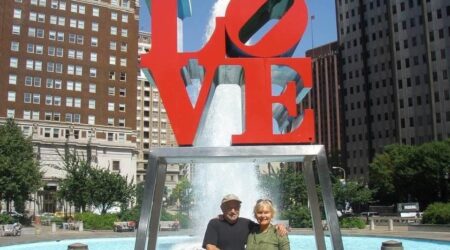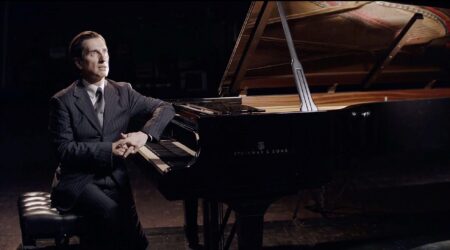A Little Perspective from a Little Village
There are various types of travelers: the adventure-seeker, the itinerary-constructing robot, the museum dilettante, the party person, and then there are people like me who care more about experiencing new cultures and environments through the daily lives of the locals. This means putting more trust in the goodness of people than is sometimes wise, letting […]
There are various types of travelers: the adventure-seeker, the itinerary-constructing robot, the museum dilettante, the party person, and then there are people like me who care more about experiencing new cultures and environments through the daily lives of the locals. This means putting more trust in the goodness of people than is sometimes wise, letting down our guards, and just going with the flow.
The first part of my vacation to Romania was spent in tourist destinations. However, I was still required to make quite a bit of effort to blend in, considering that I was one of maybe three tourists in the area that were not visiting from another region of Romania. The last four days were spent in a small village in the south about two hours from the country’s capital of Bucharest. When I first arrived, all I could think was that I had mistakenly wandered onto a movie set portraying the exaggerated stereotypes of village life in Europe.
The set-up was perfect, with every necessary stock character playing their roles like pros. The village drunk tottered from person to person on his rusty bicycle asking for money. An old woman sat on the corner with nothing more to occupy her time than the robotic and aimless munching of sunflower seeds. In between, children played on the dusty roadsides rather than inside on their computers or smartphones, farmers tended to their gardens and livestock while chickens, ducks, dogs, and cows (oh my!) wandered about the roads. It was clear from the beginning that these people lived simple lives: relying on their own land for livelihood, working laborious days of fourteen hours or more, using outdated transportation, and contenting themselves with the few small shops available in town, amidst dilapidated and faded storefronts that remind the inhabitants of more prosperous times.
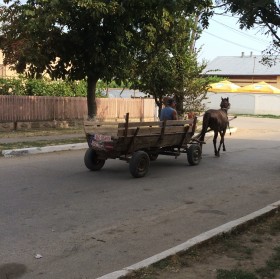
I had to quickly accept that visiting this small Romanian town would mean forfeiting much of my privacy. I felt like a sideshow – everyone stopping and gawking at me on the streets as they witnessed the first American (to my knowledge) to visit their town. That came with expectations, of course; I was automatically expected to buy only the most expensive items available at the few shops in town, pay for rounds of drinks for those in my company, and basically dish out a bit of cash when demanded of me. That’s not to say that I actually adhered to these expectations, nor that they had me at gunpoint when they asked. The villagers have a lot of pride and only asked because they have so little available to them, and when they did ask it was in a roundabout sort of way that left me feeling as if they were the ones doing me a favor.
Village life is tough – there is no denying that. Romania has an average income of two-hundred Euros per month, and that’s throughout Romania, so villagers often manage to live with much less than that. In order to compensate for the lack of industry and money, they are self-reliant and function with outdated equipment. Every inhabitant has a well as well as livestock, consisting at the very least of chickens, roosters, and the occasional random turkey. Each garden has tomatoes, cucumbers, chili peppers, bell peppers, cherry plums, and cherries. The more elaborate properties that rely on their land as a source of income also have pumpkin patches, rice, various types of melons, strawberries, blackberries, raspberries, cows, pigs, ducks, horses, goats, and rabbits. Since melons are an important staple crop in the region, many of the inhabitants rely on the crop to survive. As far as food is concerned, the inhabitants do not spend that much money on it. They eat what fruits and vegetables are available to them and make they’re own wine and liquor, as well as cheese, milk, and bread. No matter how much or how little they have, the majority of the people were nothing but kind and ready to give up anything they have in order to help someone who is in great need of it. However, the long days have clearly taken a toll on the inhabitants as many of them (especially the women) look anywhere from five to ten years older than they really are.
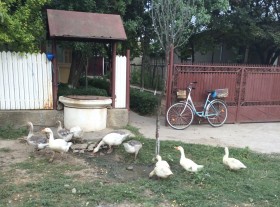
The town is not so small that people don’t own cars, but those who do own them don’t rely on them. People who need to commute to the nearest ‘’city’’ rely on a series of unpredictable white vans that they generously refer to as buses. I, too, had to rely on these ‘’buses’’ at the end of my trip, which just so happened to be on a stifling hot summer morning. The buses are not traditionally labeled, but rather they have half-fallen pieces of paper in the windshield corners with the buses’ destinations scribbled in faded marker. To be fair, the van is not a traditional van as it could seat roughly ten passengers in addition to the driver. The windows are either yellowed with age or cigarette smoke. The driver is in his own world, blasting traditional Romanian music, taking unannounced breaks, and smoking. Naturally, the van-bus was not equipped with an air-conditioner, but that was no problem for the driver. He innovatively drove the entire distance with the sliding side door open as passengers were accosted by stifling gushes of hot air. The interior of the village is populated mainly with open wagons drawn by horses. People use the horses and wagons purely for farm-related work. However, since most of them rely on their land to survive, they rarely use the old cars that they own, if they own one at all. Otherwise, people are seen on old rusty bicycles lacking in brakes or simply walking everywhere.
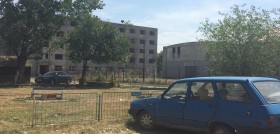
The town has a few shops in what was considered downtown. They are all set up as hybrids between a convenient corner store, bakery, and butcher. The two shops that carry food have a very small selection of the mere basics. The fruits and vegetables available are just a few types. It is not possible to buy anything that is out of season in the region, frozen or fresh. There were a few items that one simply would never find there such as salmon, tuna, quinoa, brown rice, whole wheat anything, champagne, strawberries, a large variety of yogurt, chicken, turkey, or ground beef. And if you are lactose intolerant, you better forget about soy or almond products. Though, somehow, the people appear happy, some because they plan on leaving and others simply because they don’t know how life is elsewhere.
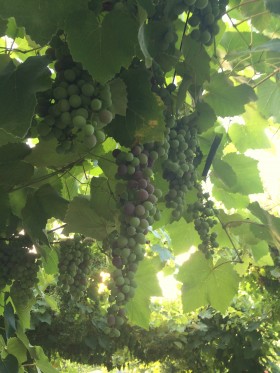
Simple is necessary from time to time. We often forget what is important in life when constantly running around, caring too much about our outside appearances and possessions to impress those we neither know nor can rely on in emergencies. I know that I was in need of a reminder, and these people provided it for me. They live simple lives with few choices in regards to diet, career, education, income, and experience but for the most part they possess something that is almost impossible to find these days: loyalty, genuine kindness, health, and happiness. It may do those of us living in hectic cities some good to live our complicated lives with simple expectations.
PHOTOS by Jacqueline Perrier-Gillette
Jacqueline Perrier-Gillette is currently a resident of Paris, France, where she lives with her husband. Together the two of them operate their small translation company, giving Jacqueline the opportunity to observe the French and their culture up close. She is an avid reader, writer, and student of foreign languages.
By Jacqueline Perrier-Gillette


